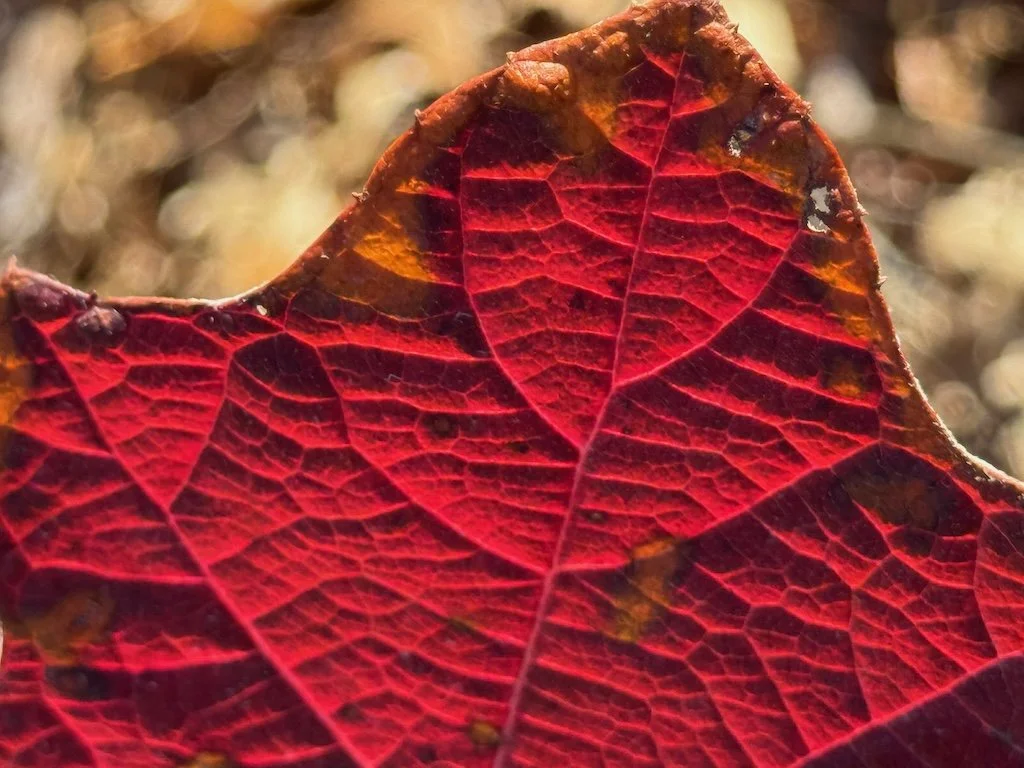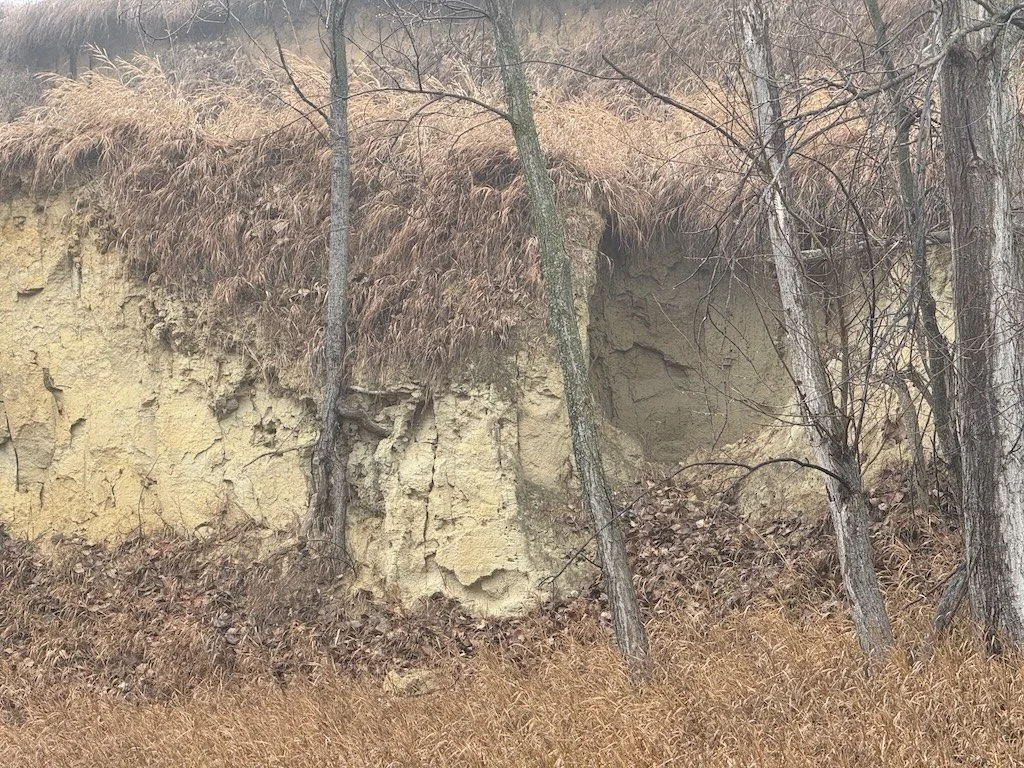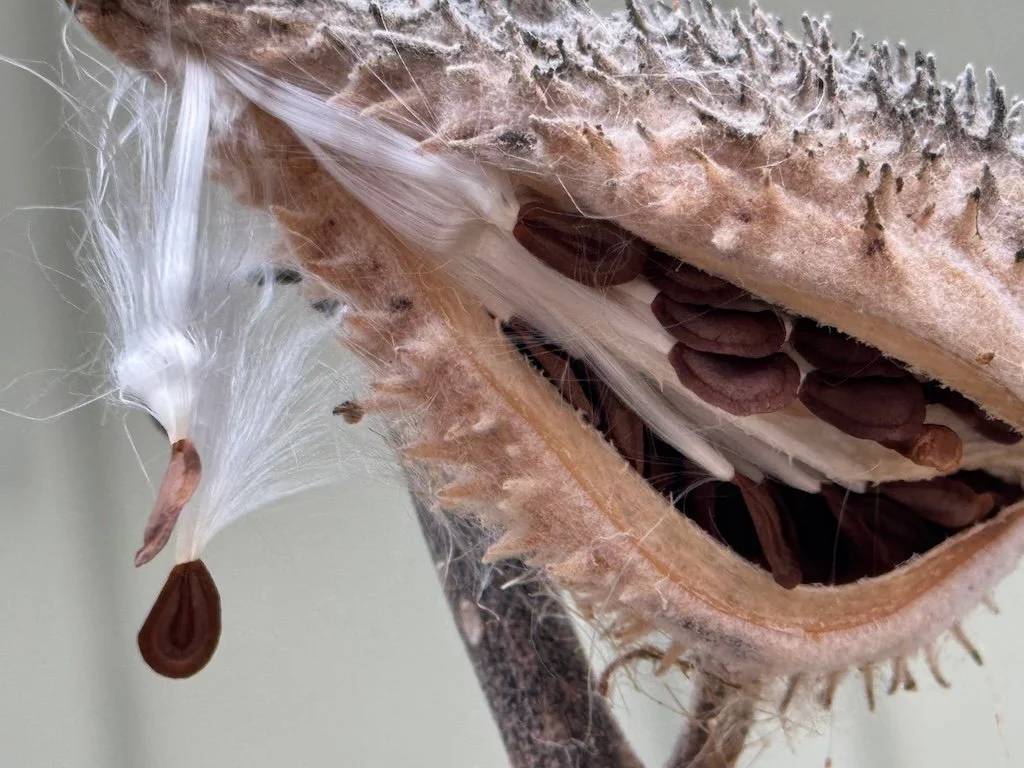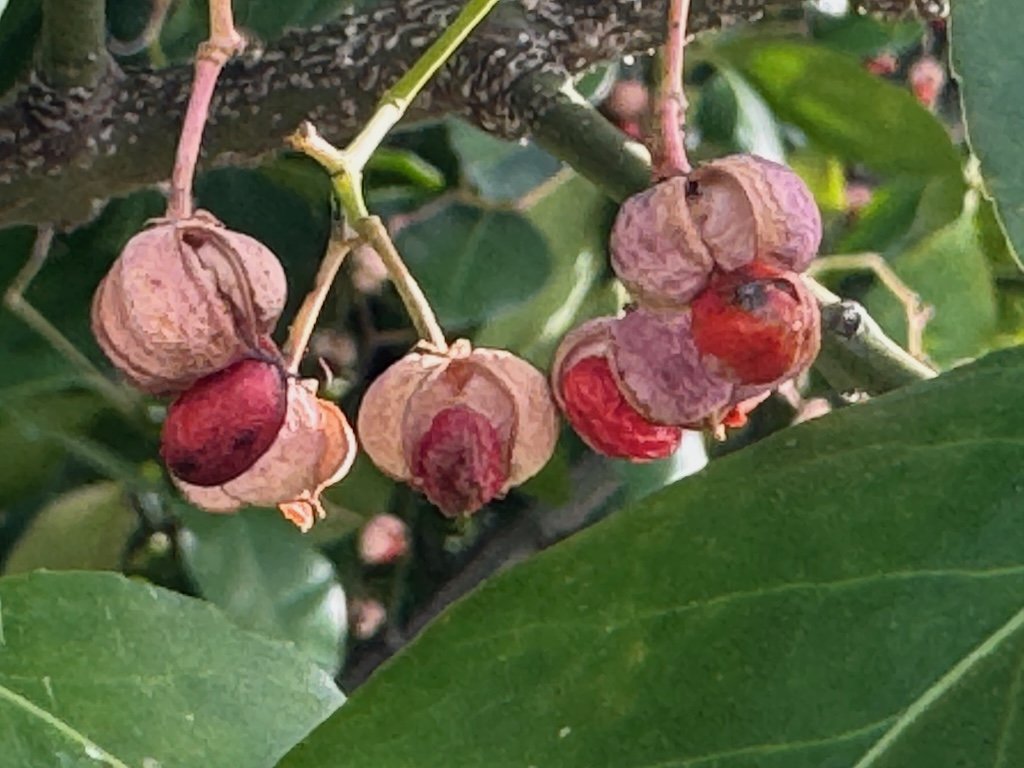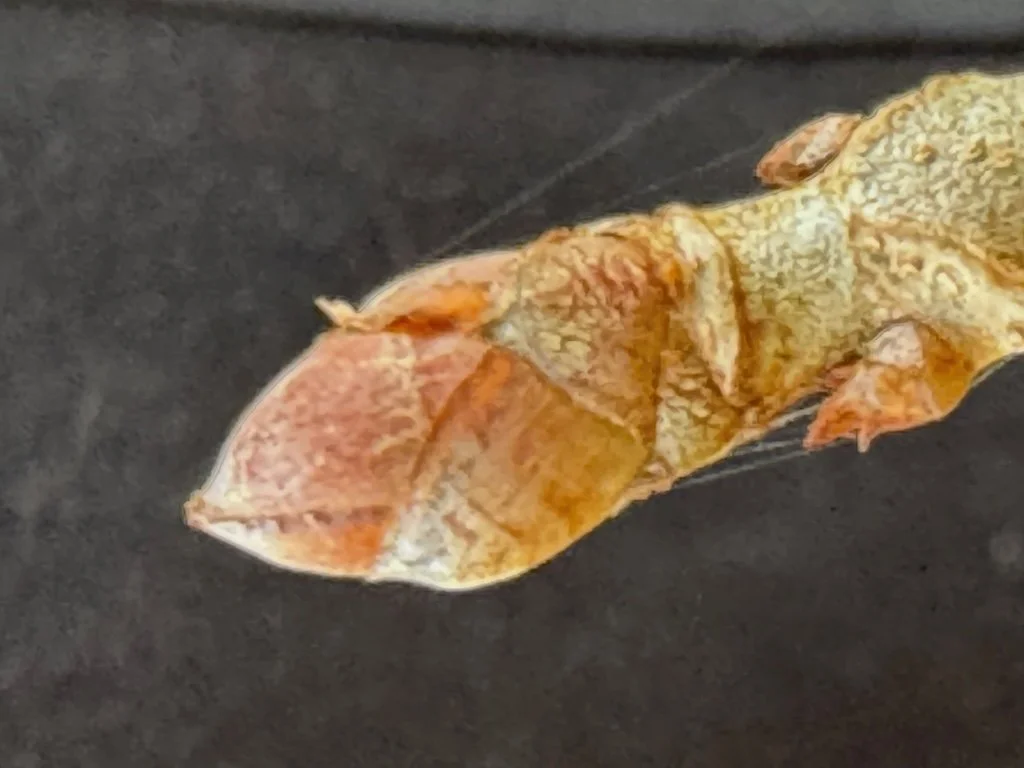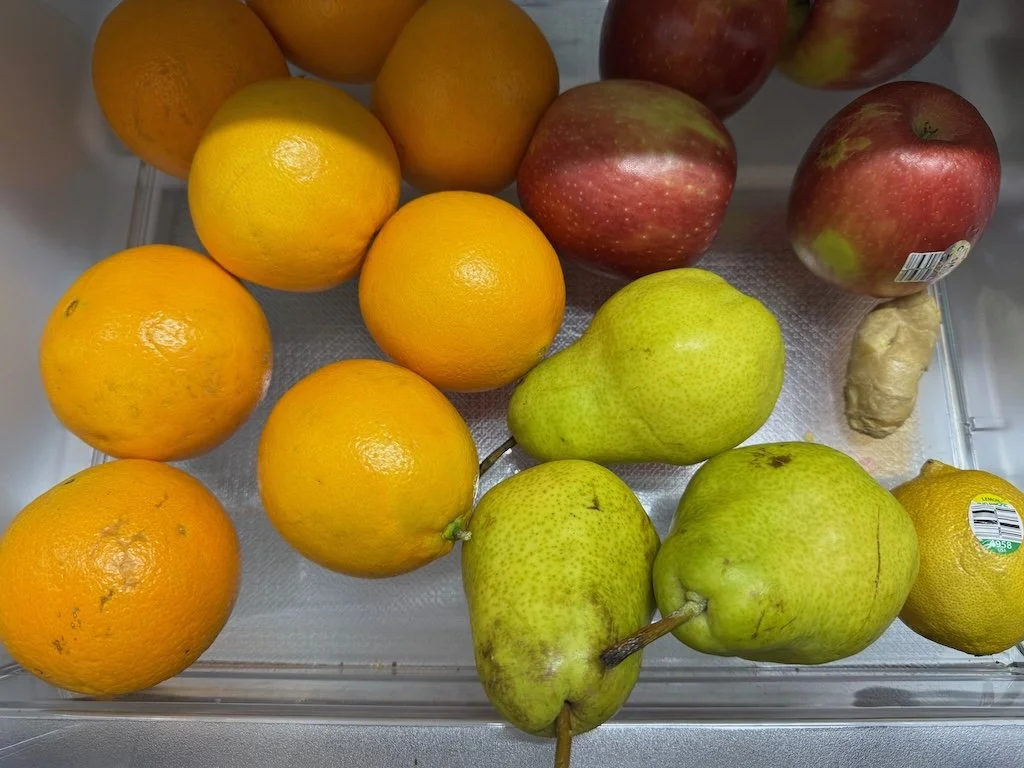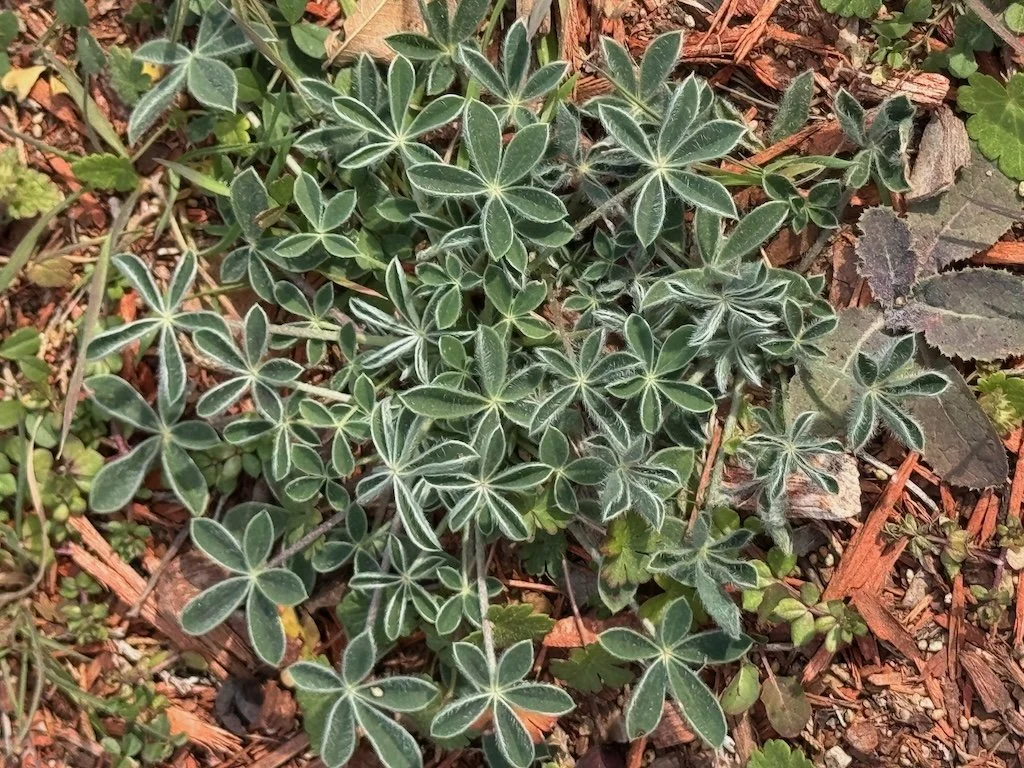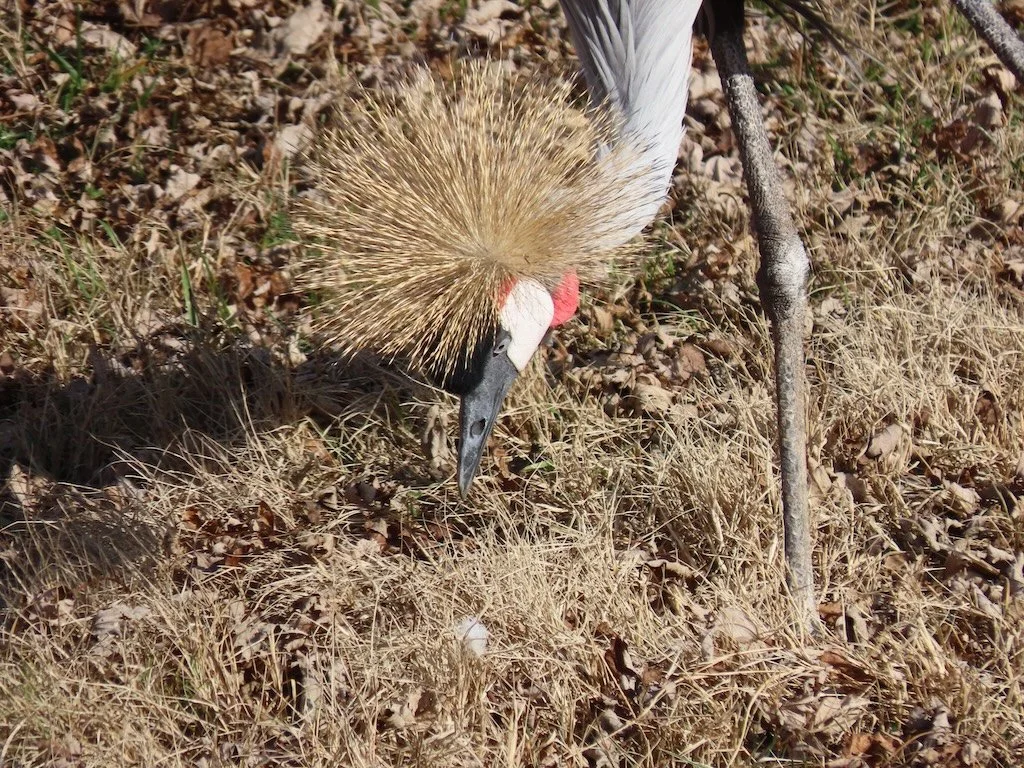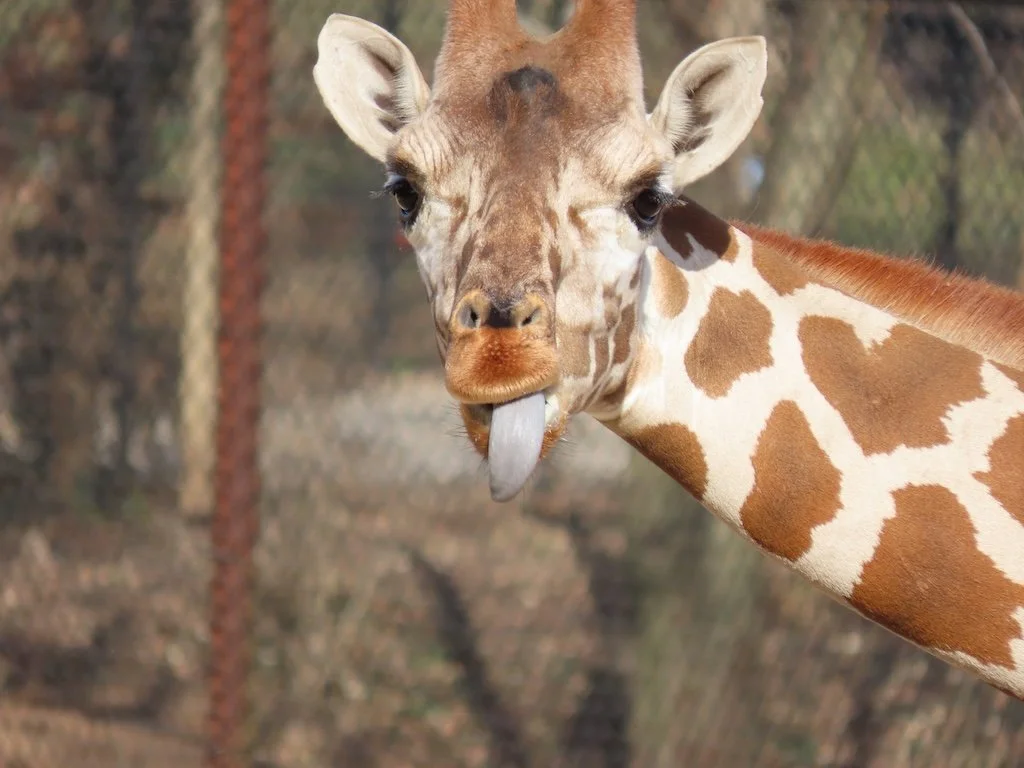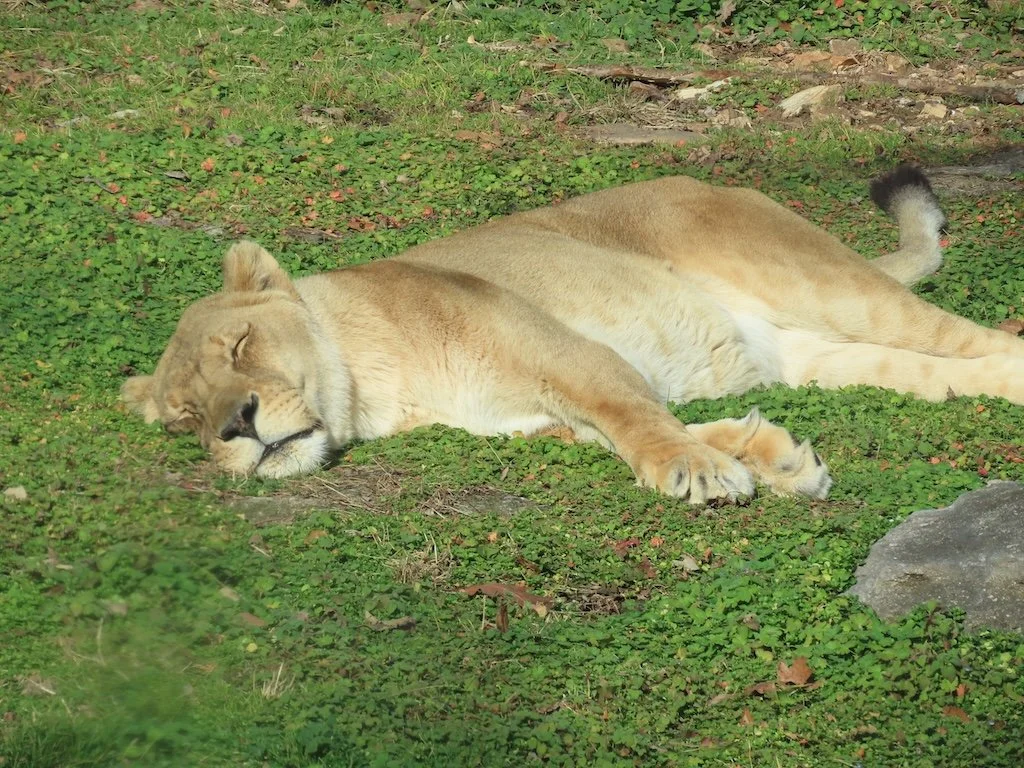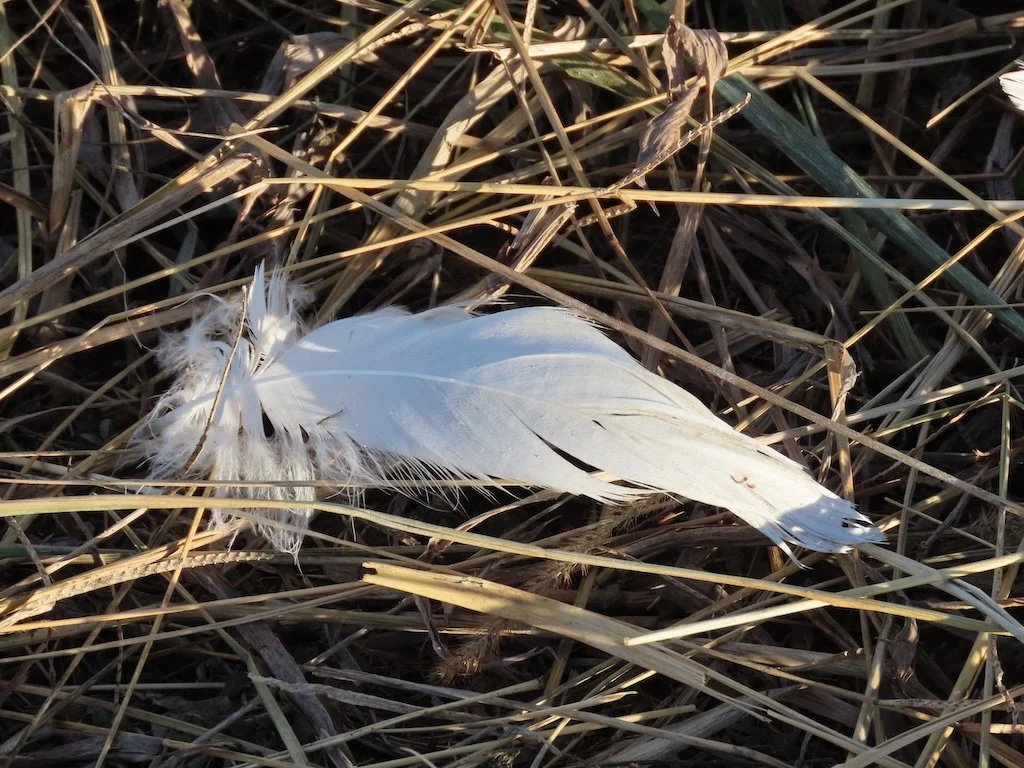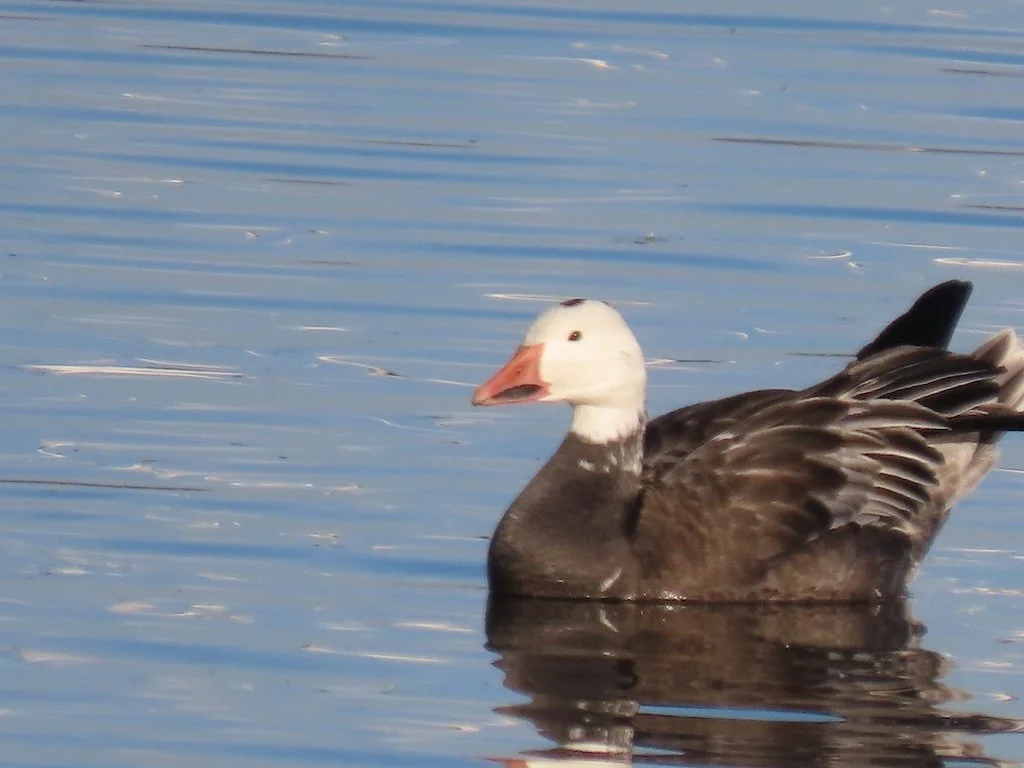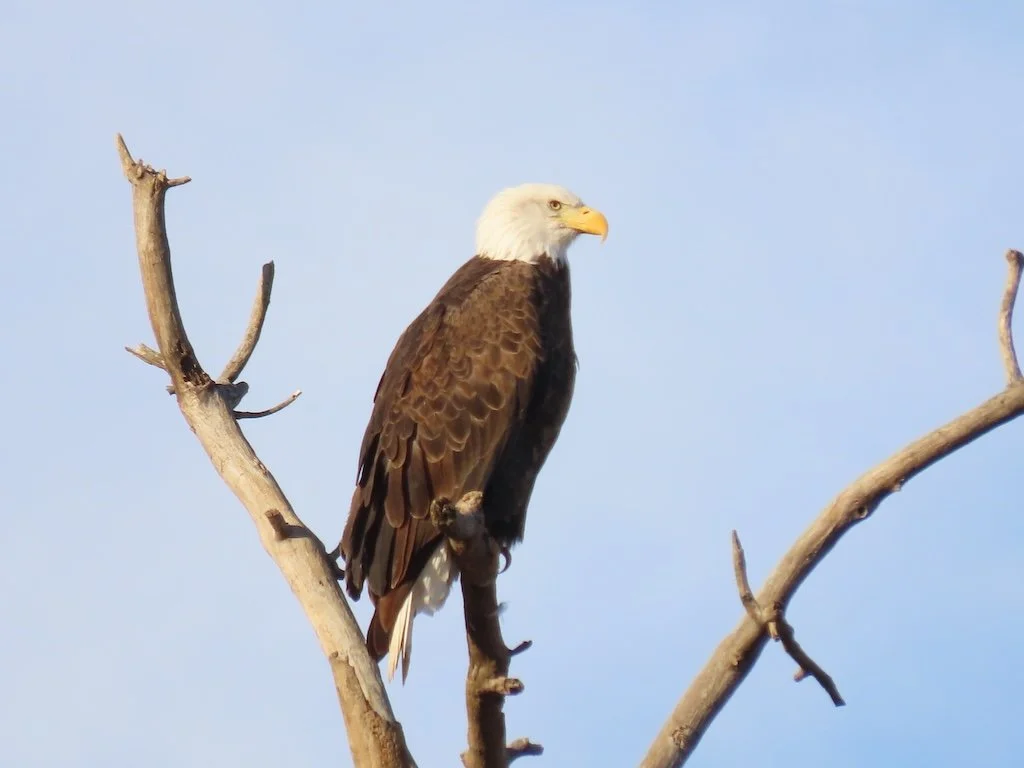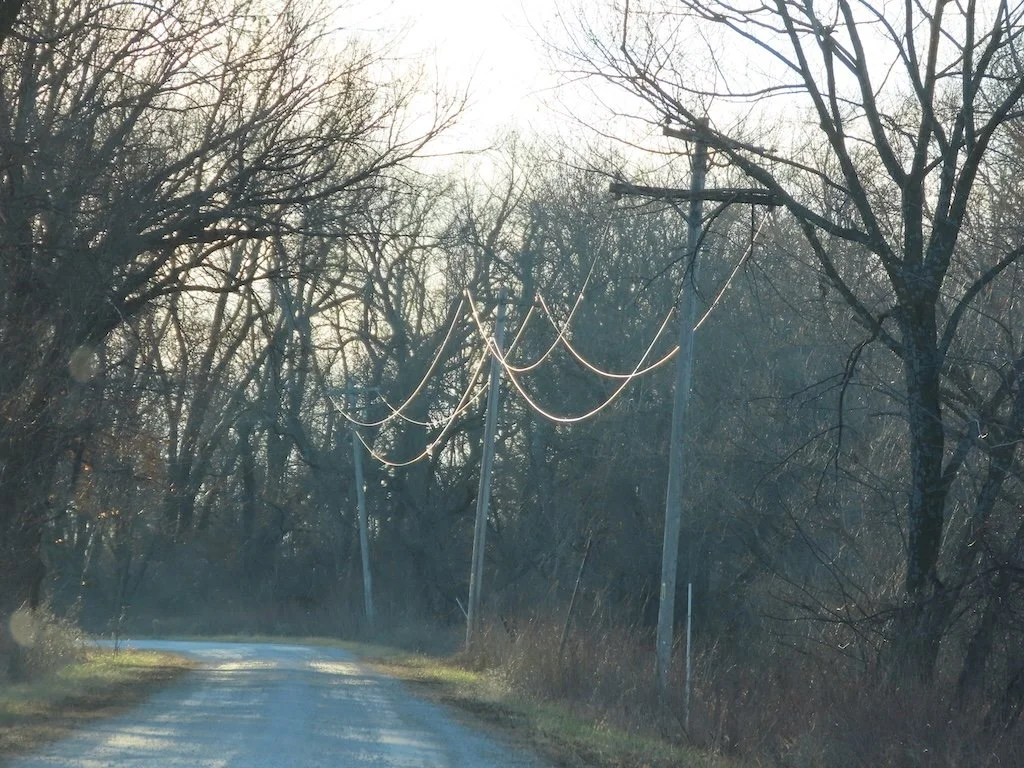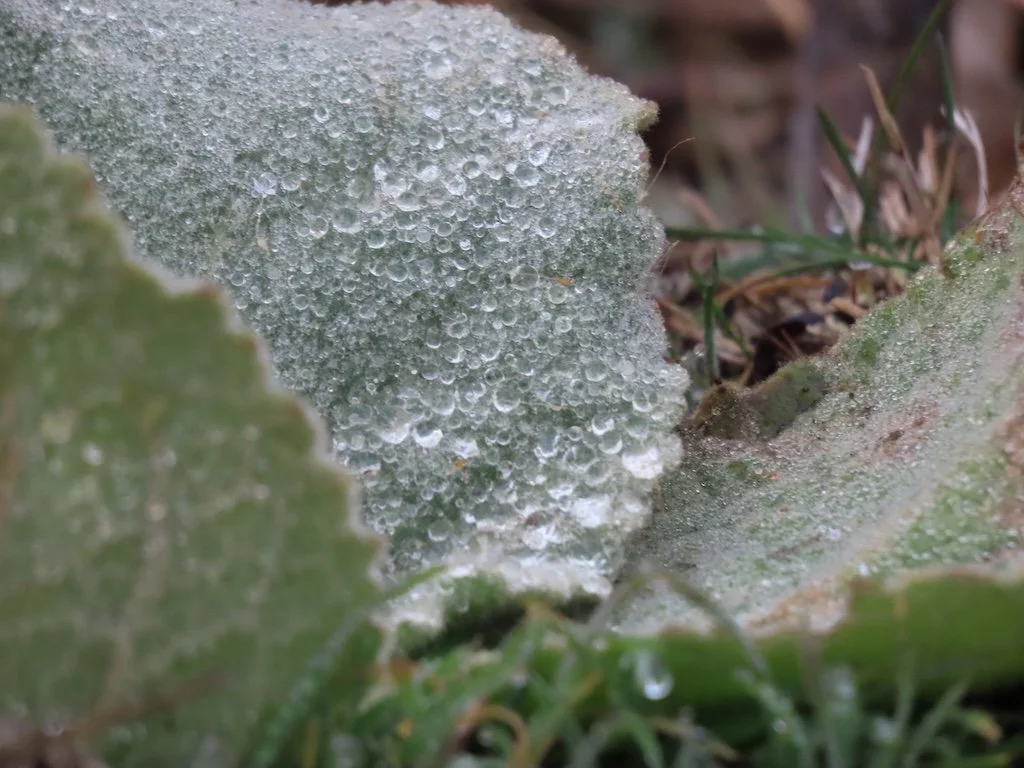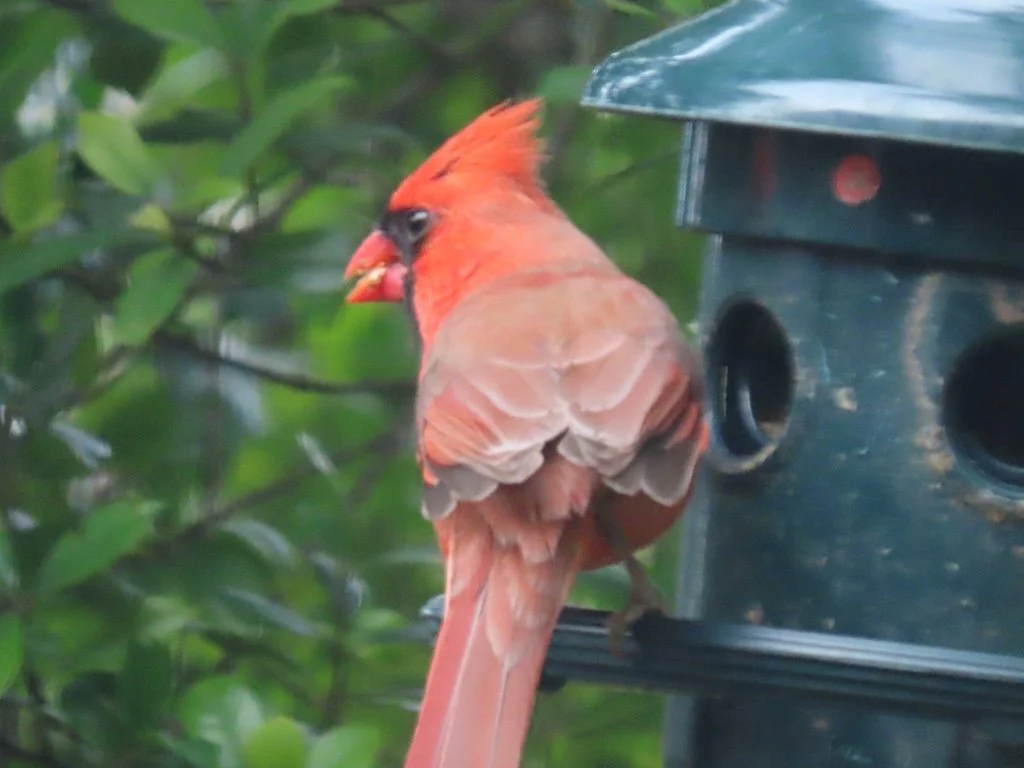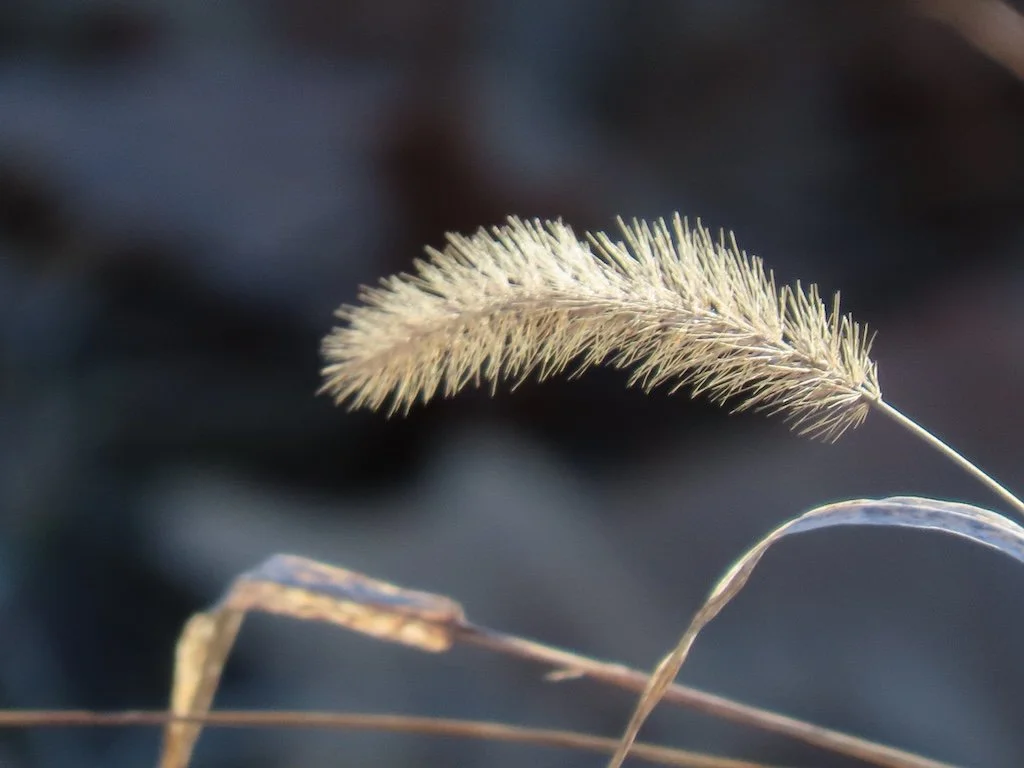Gleanings of the Week Ending August 13, 2022
/The items below were ‘the cream’ of the articles and websites I found this past week. Click on the light green text to look at the article.
What a decade of Curiosity has taught us about Mars – Looking for signs of life.
Zion National Park, Utah – A view of the park from the International Space Station. A piece of trivia from the post: Cyanobacterial blooms are a threat to hikers and wildlife – exacerbated by intense summer heat.
Air pollution, including during wildfires, shows ill effects in children -So many questions popped into my mind as I read this article: Does keeping children indoors with modern air conditioning/heating filtered air help? Further air purification required? The children in the study were 9-11 years old; are some of the markers also indicators of stress they may have developed knowing there were wildfires?
Ultra high-speed photography captures hidden human figures in moving water – Eye candy
Heat pumps prove themselves during a harsh Maine Winter – Modern heat pumps do the job even at -21 degrees in Maine!
Neolithic Watermelons may have been valued for their seeds – Snacks! And now most watermelons we buy in stores doen’t have seeds at all!
Nahuku Lava Tube in Hawai’i Volcanoes National Park Closed to study its stability – Also known as Thurston Lava Tube. I walked through it when we were in Hawaii several years ago.
Vitamin K prevents cell death: New function for a long-known molecule – Important for blood clotting….but new research shows it is also a potent antioxidant that ameliorates cellular iron’s role in cell death (ferroptosis). There will probably be a lot of subsequent research following up this finding.
The science of making cheese – Infographic that shows the 4 steps: acidification, coagulation, reducing moisture content, and maturation.
The mysterious inner life of the octopus – Interesting article….or just look at the pictures!

